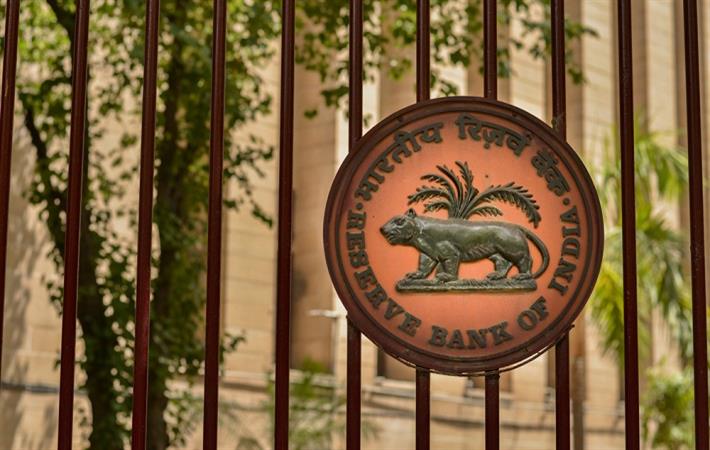RBI constitutes Expert Committee on stressed assets

The Expert Committee shall also undertake a process validation of resolution plans for accounts above a specified threshold, an RBI press release said.
The “Prudential Framework on Resolution of Stressed Assets” dated June 7, 2019 provides a principle-based resolution framework for addressing borrower defaults under a normal scenario. However, the economic fallout on account of the COVID-19 pandemic has led to significant financial stress for a number of borrowers across the board. "The resultant stress can potentially impact the long-term viability of a large number of firms, otherwise having a good track record under the existing promoters, due to their debt burden becoming disproportionate, relative to their cash flow generation abilities," RBI said.
So, RBI has been decided to provide a window under the Prudential Framework to enable the lenders to implement a resolution plan in respect of eligible corporate exposures without change in ownership, and personal loans, while classifying such exposures as Standard subject to specified conditions. Such conditions are considered necessary to ensure that the facility of this resolution window is available only to the COVID-19 related stressed assets. Besides, the crucial aspect of maintaining financial stability has also been suitably factored in.
The key features of the resolution framework for exposures other than personal loans are as under:
- Only those borrower accounts shall be eligible for resolution under this framework which were classified as standard, but not in default for more than 30 days with any lending institution as on March 1, 2020. Further, the accounts should continue to remain standard till the date of invocation
- The resolution plan may be invoked anytime till December 31, 2020 and shall have to be implemented within 180 days from the date of invocation.
- Lenders shall have to keep additional provisions of 10 per cent on the post-resolution debt.
- In order to enforce collective action, specific voting thresholds are being prescribed even for invocation of the resolution plan; and those lending institutions not signing the inter-creditor agreement (ICA) within 30 days from the date of invocation shall attract higher provisions of 20.
- Post-implementation, the asset classification of the account shall be retained as standard, or if the account had slipped into NPA after invocation but before implementation, the asset classification shall be restored upon implementation.
- The Reserve Bank is constituting an Expert Committee (Chairman: Shri K.V. Kamath) which shall make recommendations to the RBI on the required financial parameters, along with the sector specific benchmark ranges for such parameters, to be factored into each resolution plans. The final notification in this regard shall be issued by the Reserve Bank after considering the recommendations.
- The Expert Committee shall also undertake a process validation of resolution plans for accounts above a specified threshold.
- The lending institutions may allow extension of the residual tenor of the loan, with or without payment moratorium, by a period not more than two years.
- Wherever the resolution plans involve conversion of a portion of debt into equity and other debt instruments, the debt instruments with terms similar to the loan shall be counted as part of the post-resolution debt, whereas the portion converted into other non-equity instruments shall be fully written down.
- In respect of accounts involving consortium or multiple banking arrangements, all receipts by the borrower; all repayments by the borrower to the lending institutions; as well as all additional disbursements, if any, to the borrower by the lending institutions as part of the resolution plan, shall be routed through an escrow account maintained with one of the lending institutions.
Fibre2Fashion News Desk (RKS)
































-Ltd..jpg?tr=w-120,h-60,c-at_max,cm-pad_resize,bg-ffffff)





.jpg?tr=w-120,h-60,c-at_max,cm-pad_resize,bg-ffffff)
.jpg?tr=w-120,h-60,c-at_max,cm-pad_resize,bg-ffffff)






